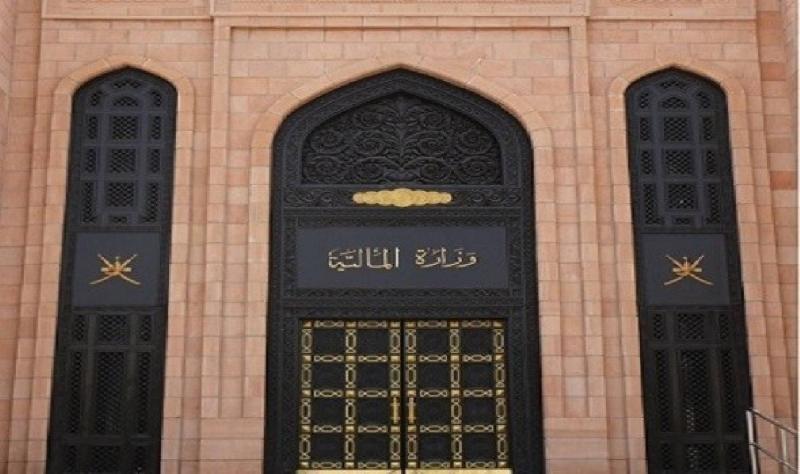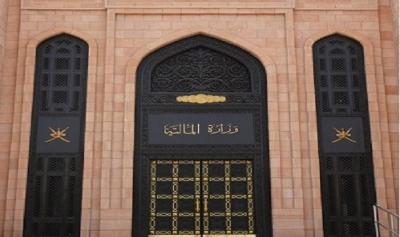The International Monetary Fund (IMF) stated that the Sultanate of Oman has requested technical assistance to strengthen its medium-term fiscal framework. Authorities have also sought help in developing a medium-term public debt strategy, which will guide the government in its borrowing program and allow for greater predictability in financial system developments. The IMF expects a gradual recovery of the Omani economy in 2021 and beyond, emphasizing that combating the COVID-19 pandemic and mitigating its effects remain the main priority in the short term until recovery becomes firmly established.
According to the IMF, the fiscal position for 2021 achieves a balance between significant fiscal consolidation measures and substantial support for the most affected sectors. The IMF stressed that accelerating structural reforms is essential to unleash growth potential, noting that authorities have initiated a wide range of structural reforms to provide a greater impetus for job creation, enhance efficiency in public resource management, and attract more private investment. This was stated in a report by the IMF on the results of consultations between IMF experts and Omani authorities at the conclusion of the 2021 Article IV consultation mission.
Key outcomes from the IMF consultations with Omani authorities include:
- A gradual recovery of the economy from the pandemic is expected, gaining more strength in the medium term.
- GDP growth is projected to be 2.5% in 2021, rising to 3% in the medium term, reaching 4% in 2026.
- The non-hydrocarbon economy will grow by 1.5% this year due to the rollout of COVID-19 vaccines and a recovery in external demand.
- Inflation is expected to rise to 3% in 2021 due to the implementation of value-added tax and a recovery in overall demand.
- A significant improvement in the fiscal balance and external payments is anticipated in the medium term after a sharp decline in 2020.
- The expected outlook is fraught with uncertainty due to the emergence of COVID-19 variants and fluctuations in oil prices.
- Currently high oil prices above budget estimates allow for temporary additional support for families and affected businesses.
- The central bank should continue monitoring asset quality assessments and ensure sufficient capital buffers to cope with credit risks as they arise.
- Loan repayment deferrals should target distressed borrowers who have the potential to survive.
- The peg of the Omani Rial to the US Dollar remains a suitable pillar for monetary policy, achieving low and stable inflation rates.
- Enhancing competitiveness in the private sector is a key element in boosting growth of non-oil activities within this sector.




